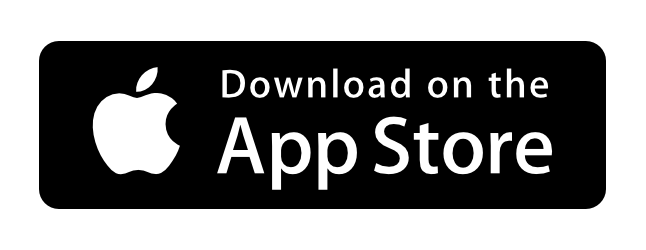Depending on the industry and employer, you may encounter one – or a combination – of the common interview types.
Each one is unique, and demands a different approach to put into practice.
As a Human Resources professional I’ll give you an insider’s look at the more popular ones and information on how to be more successful at handling each type. In this three part series, I’ll cover (1) The Phone Interview; (2) The Traditional Interview; (3) The Behavioral Interview; (4) The Case Interview; (5) The Stress Interview; (6) The Group Interview; and (7) The Tag-Team Interview.
1. The Phone Interview
For some, there is nothing more terrifying than an over-the-phone job interview. Unfortunately, they’re used more and more as a way to screen a large pool of candidates before deciding who to invite for an in-person meeting. Phone interviews can be set up in advance, but they can also be completely spontaneous. At any point while you are job searching, a recruiter can call you up for a quick chat. But be forewarned – this quick chat is anything but. It may feel informal, but it’s still an interview.
How To Be Successful At It
- First things first — always be prepared! Since the phone interview can come at any time, have your desk set up accordingly. Tape up your resume and some bullet points of your accomplishments for quick reference. Have a pen and paper handy at all times. And if, as it turns out, the timing is bad or your location less than ideal, don’t be afraid to say so and reschedule. The last thing you want is to try and talk over a crying baby or while navigating through traffic.
- If you’re lucky enough to have fair warning, it’s a good idea to get dressed for the interview– nothing will make you feel less professional than taking questions in your Teenage Mutant Ninja Turtles pajamas.
- And remember, unlike an in-person interview, you can’t rely on body language to help carry your message or express enthusiasm. One way to overcome this is to stand up while you’re on the phone. Everyone speaks more confidently and clearly when they are standing. And smile. It sounds crazy, but people on the other end can hear you smiling.
- Finally, don’t let a pause or awkward silence throw you off. They’re a natural part of conversation, albeit more noticeable over the phone. Your interviewer is probably just taking notes or preparing their next question. Don’t feel the need to fill the silence with a nervous giggle or pointless comment. If you are finished with your answer, wait patiently for the interviewer to pick up the conversation.
2. The Traditional Interview
You know this interview. I know this interview. We’ve done it a million times. So why are we still so afraid of it?
Interviews — no matter their style — are always tough. With traditional interviews, you need to be able to answer broad-based questions in a very specific, personalized way. And to sound sincere while doing so, pause, take time to think about the question.
You’ll face questions like, “Why do you want to work here?” and “Tell us about yourself.” The interviewer’s goal is to identify your skills, experience and enthusiasm for the job.
The interviewer will closely follow your resume structure. He or she will probe you about the experience, education and achievements listed.
How to Be Successful At It
- Practice, practice, practice!
- Pause; take time to think about the question before shooting off an answer.
- Take a look at some of the most common questions from traditional interviews, and write down your answers. And keep in mind that if ever you’re faced with a question that is too broad, ask for clarification. For example, if the question is “Tell us about yourself,” it’s perfectly fair for you to reply with “What about me do you want to know?” and remember, don’t start off with anything personal like I am married, have two kids and enjoy bike riding. Keep it strictly job related.
- Know your resume inside out. If someone prepared your resume, take time to review it and know what’s on it. Think hard about the accomplishments listed, and be prepared to express what you learned through each.
- And as with all interviews, prepare a handful of examples to back up every skill or quality your claim to possess. Real life examples make the difference between a vague, fluffy, might-as-well-be-made-up answer, and the winning response that gets you the job.
Interview Tip: Often, it’s helpful to practice your answers out loud. Find a friend who’s willing to play “interviewer” and go through a mock interview from beginning to end, or have someone video tape you while answering interview questions and review it. This is a good way to review your communication style. Do you smile enough or too much, look down at your notes and not at the person interviewing you or do you shake your leg uncontrollably without knowing it.
Next Articles:
Part 2 of 3
3. The Behavioral Interview
4. The Case Interview
Part 3 of 3
5. The Stress Interview
6. The Group Interview
7. The Tag-Team Interview




